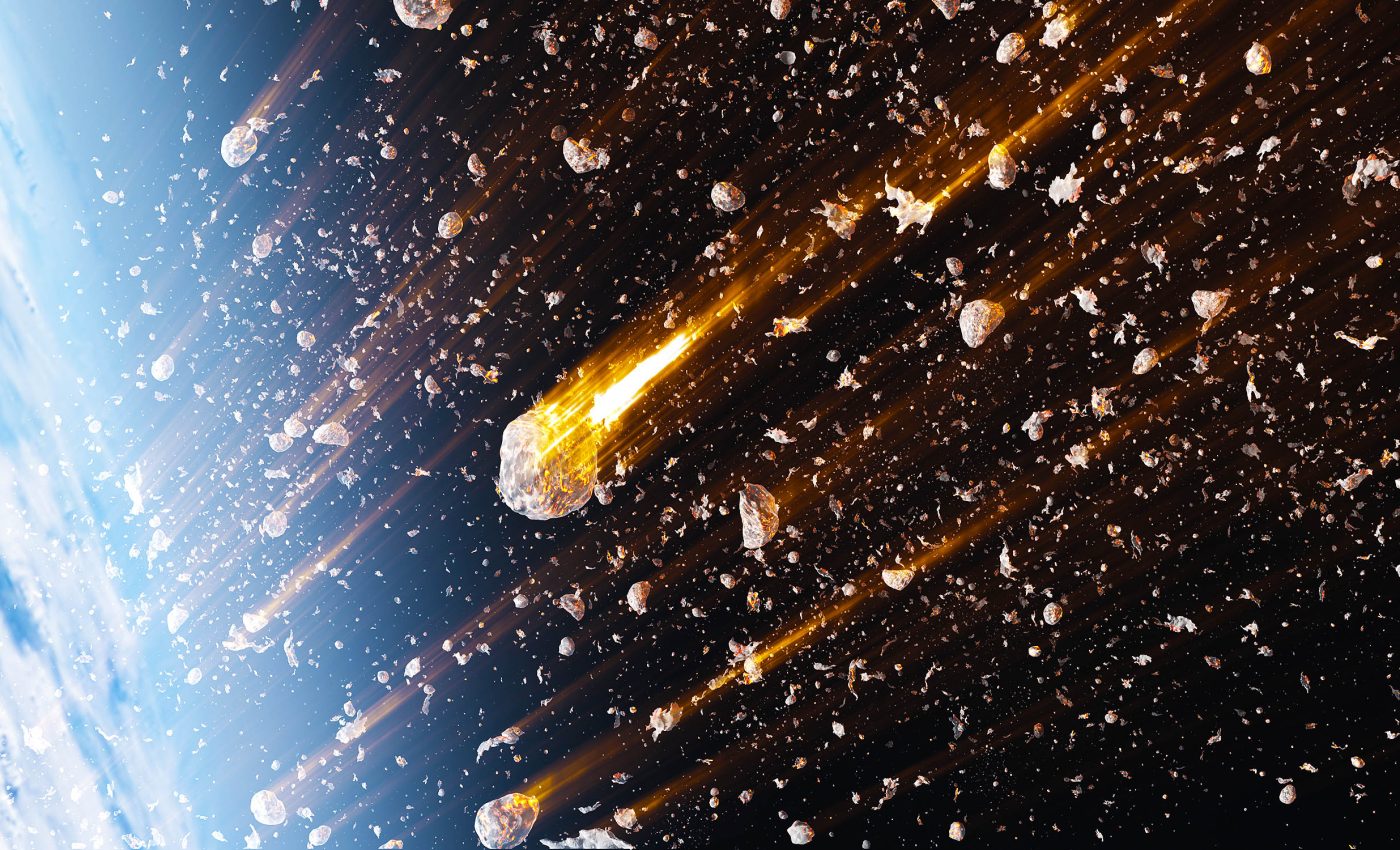
Everything you need to know about the Perseid meteor shower this week
It’s been said that stars hold our untold stories, keeping them safe in their twinkling light. But have you ever wondered what happens if these stars decide to take a flight? Get ready for the Perseids, the most awaited meteor shower of the year
Countdown for Perseids meteor shower
Starting today, the most awaited celestial event of the year, the Perseid meteor shower, begins its splendid show.
Running from July 14 until September 1, 2024, the shower will be at its peak on the night of Sunday, August 11 through Monday, August 12.
You can catch the showers on any clear night right through to September. Your best bet is to check them out on peak night.
Prime time for Perseid meteor shower
So, when exactly will these shooting stars grace us with their best performance?
According to the American Meteor Society, the prime time for the show would be around 04:00 UTC on August 12, which translates to 12 a.m. (midnight) EDT on August 12.
However, the Perseids are a bit like your favorite band, the ambiance leading up to their performance, teases an exciting crescendo.
You are guaranteed a great show eight hours before and after the peak, with a good number of shooting stars per hour. The anticipation begins to build up as soon as it gets dark on August 11.
Perfect stage
Mother Nature knows how to set up the perfect stage for her grand events. The moon, our friendly celestial neighbor, will be in perfect coordination.
On the night of peak viewing, a 43%-lit waxing crescent will recede into the southwestern horizon just before midnight in the Northern Hemisphere.
This cosmic maneuvering will leave the vast night sky devoid of moonlight, making it an ideal canvas for the display of the meteor shower.
Plan ahead for the Perseid meteor shower
If you’re still pondering your plans for the Perseids in 2024, my advice is simple. Request for Monday off, pack your camping gear, and head towards an area graced with a dark sky.
Make sure you have a clear view of the night sky, free from the city’s neon distractions. Prepare yourself for a couple of hours of spellbinding celestial showcase starting from 11 p.m. till dawn.
To make the most of this experience, consider bringing a telescope or binoculars. They aren’t necessary to enjoy the meteors. Lay on a comfortable blanket. Sip on some hot cocoa. Cherish the awe-inspiring sight of meteors darting across the cosmos.
Keep an eye out for fireballs. These are larger, brighter meteors that add a dramatic flair. Sharing this moment with friends and family can make it unforgettable. It fosters a sense of wonder and connection with the universe.
Perseid Meteor Shower interesting facts
The Perseid meteor shower is named after the constellation Perseus, from which the meteors appear to radiate.
Interestingly, the Perseids are known for their fireballs — larger explosions of light and color that can last longer than an average meteor streak.
This makes the Perseid meteor shower not only one of the most prolific but also one of the most spectacular meteor displays.
These meteors are also notable for their fast and bright characteristics, often leaving persistent trails that can be visible for several seconds.
The combination of numerous meteors, including fireballs, coupled with the warm summer nights, makes the Perseid meteor shower a beloved event for both amateur and seasoned astronomers alike.
Shower of stars
We often come across varying estimates of the Perseids’ numbers. Some say it’s around 150 per hour around its peak while others propose 100.
In reality, these ‘zenithal hourly rates’ are an estimate of what one would notice if they could observe the entire night sky all at once.
Practically, expect around 50 shooting stars per hour—a spectacular show in its own.
The Perseids are no ordinary stars; they are our annual visitors from a faraway world. When they dance across the sky at their peak, they leave us humans with a sense of joy, awe, and a reminder of the grandeur of the universe.
So, this year, don’t let this opportunity pass you by. Make the most of the Perseids meteor shower!
—–
Like what you read? Subscribe to our newsletter for engaging articles, exclusive content, and the latest updates.
Check us out on EarthSnap, a free app brought to you by Eric Ralls and Earth.com.
—–













